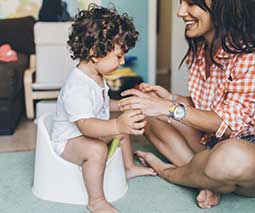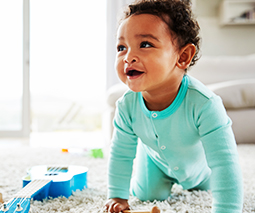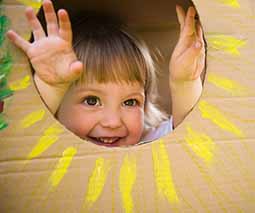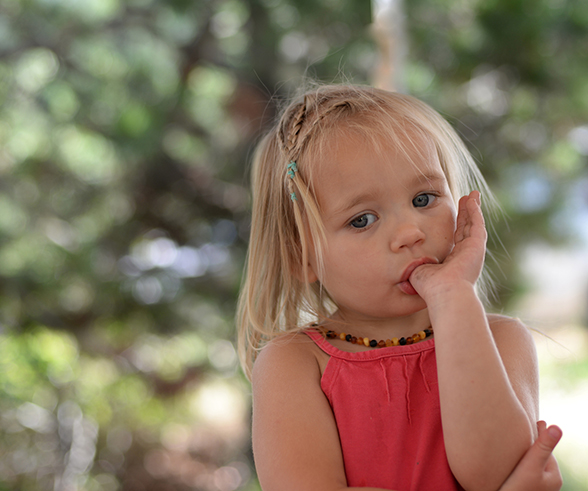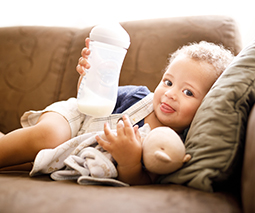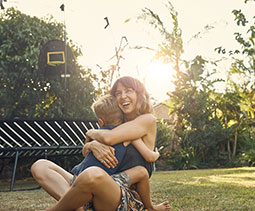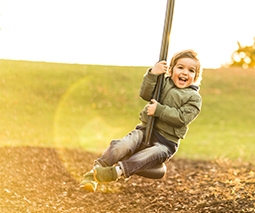The expert advice on swearing I didn’t expect to hear
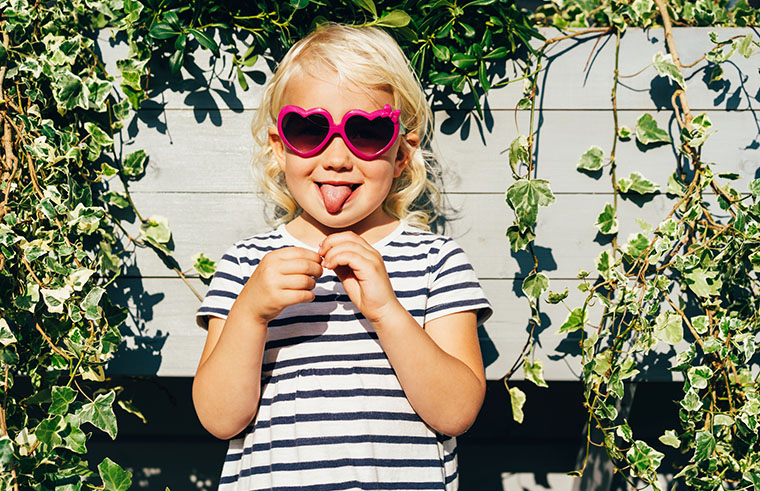
When I accidentally taught my then two-year-old daughter to swear I assumed that I was a terrible mother. I’d been doing so well to curb my potty mouth inclinations – I replaced my usual ‘go-to’ curse words with baby-friendly exclamations like “crab sticks” and “wally beans” (surprisingly effective, actually) and fought the urge to yell obscenities at tailgating cars.
The day it slipped out
But, despite my best efforts, a bit of swearing slipped out. I was in the kitchen putting things away and dropped a big cooking pot on my foot. The pain was instant as was the vocal reaction, “FU*KING HELL!!” I bellowed as I hopped around in agony.
My toddler looked up from her play dough in shock, but quickly lost interest in my plight. I thought I’d got away with it. But then hours later, when we were out shopping for groceries my little one dropped a bag of peas on her foot and let out a mighty “FU*KING ELVES!”
I was so taken aback by her ‘elves’ interpretation that I forgot my parenting duty and roared with laughter. Perhaps it wasn’t my finest moment, but perhaps it wasn’t that bad either.
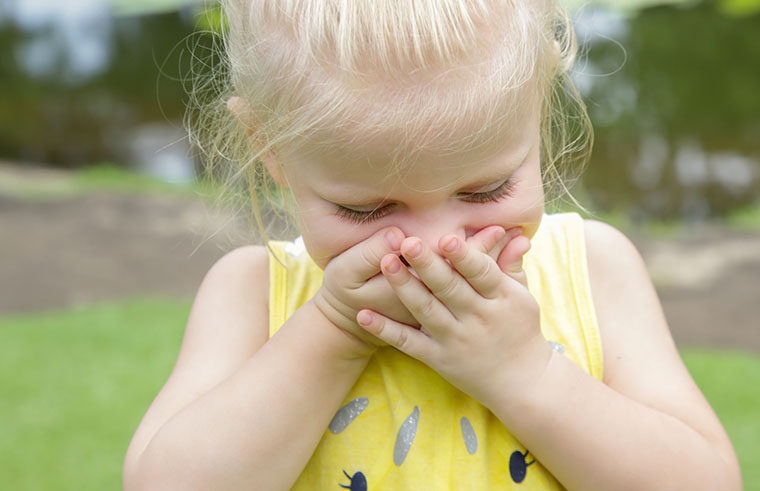
Swearing around kids is … a good idea?
According to Dr Emma Byrne, a neuroscientist and author of Swearing is Good for You: The Amazing Science of Bad Language, teaching children to swear is actually a good idea.
Talking on the UK’s Good Morning Britain Dr Byrne said that in her opinion parents should teach children as young as two how to use swear words, but also the impact words can have.
“I want to equip parents to cope with that moment of shame and embarrassment of my kid swore in a place that was inappropriate. Instead of saying ‘we are going to shut this conversation down,’ talk about why that is inappropriate,” she said.
While her advice shocked viewers, it’s not actually that far fetched. The idea is that teaching children swear words at home gives families an opportunity to talk about using language appropriately.
“If we don’t talk about swearing with our kids and they learn swearing just from their classmates on the playground, they’re not going to have a sense of how swearing affects people’s feelings,” Dr Byrne added.
The theory makes sense – sort of
I may have a slight potty mouth bias, but the theory makes sense to me. If we swear around children and talk to them about why we are using bad language then there is a good chance that our kids will use swear words responsibly – i.e. – not at all.
I have sworn around my children a lot over the years (never at them!) and they know a fairly wide range of bad language. But they also know that they are ‘grown-up’ words. My children are so responsible about language that they’ve even made me a swear jar – totting up my fine in the car when I have a bout of road rage.
I’m not sure that we need to sit down with kids and teach them ‘the swears’ in the same way we approach the ABCs – but I don’t think dropping the occasional F-bomb is the end of the world, either.
 Need some support to be the best parent you can be? Our Parent School parent coaching experts can help. Click to find out more or book a one-on-one session.
Need some support to be the best parent you can be? Our Parent School parent coaching experts can help. Click to find out more or book a one-on-one session.
